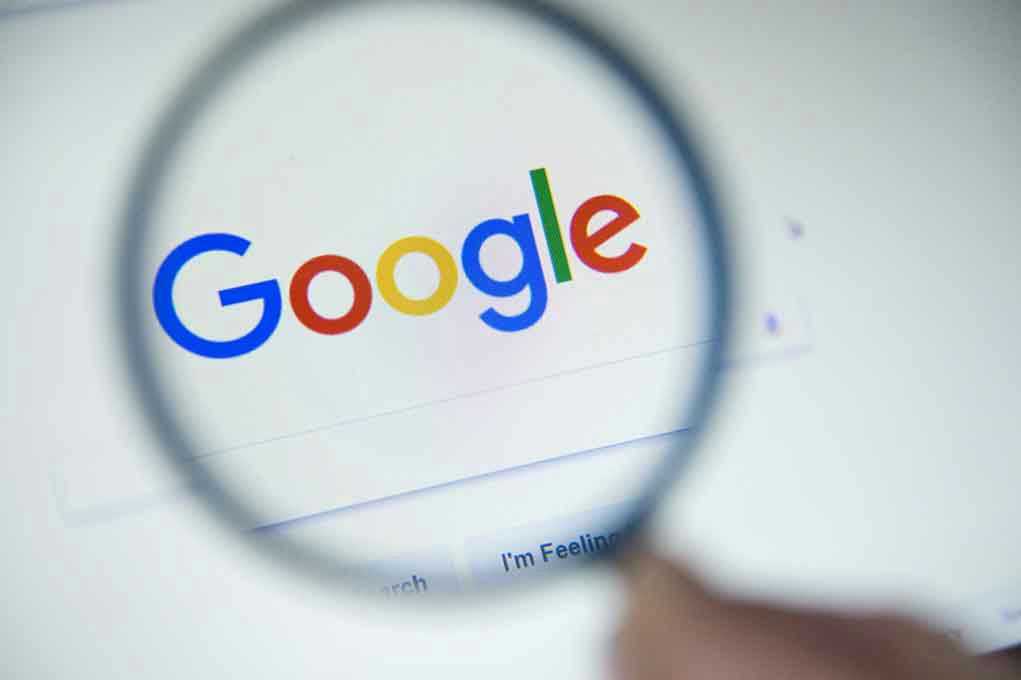
A federal jury’s $425 million verdict against Google exposes the growing threat of unchecked tech overreach—where even disabled privacy settings can’t protect Americans from corporate data harvesting.
Story Snapshot
- Federal jury finds Google liable for violating user privacy, ordering a $425 million payout after collecting data from 98 million users who disabled tracking.
- The court’s decision highlights a major gap between Google’s privacy assurances and its actual practices, fueling public distrust of Big Tech.
- The verdict adds to a wave of legal scrutiny targeting Google’s handling of personal data, with broader implications for user rights and industry standards.
- Google denies wrongdoing and plans to appeal, arguing its data collection was nonpersonal and securely stored, but faces mounting legal and regulatory challenges.
Jury Verdict Signals New Limits for Big Tech Data Practices
A federal jury in San Francisco ordered Google to pay $425 million after finding the tech giant liable for privacy violations. The class-action lawsuit centered on Google’s collection of user data from mobile apps—even when users had explicitly disabled the ‘Web & App Activity’ tracking feature in their Google accounts. The case impacted approximately 98 million users and 174 million devices, with the jury determining that Google’s practices breached user trust but stopping short of awarding punitive damages.
Google must pay $425 million in class action lawsuit over invading users’ privacy, jury rules https://t.co/1FmcSx1qyx pic.twitter.com/gnlLyFNhW4
— New York Post (@nypost) September 4, 2025
This ruling is not an isolated event. It follows a series of high-profile settlements and legal actions against Google, including a $1.4 billion payout in Texas and a separate April 2024 agreement to erase billions of records from Incognito mode. Together, these cases reflect growing public and legal intolerance for secretive and invasive data practices. For Americans who value individual liberty and the right to privacy, the verdict underscores persistent concerns about Big Tech’s disregard for user consent—and the growing need for enforceable limits on corporate power.
Corporate Promises vs. Reality: The Privacy Gap at Google
At the heart of the case lies a fundamental question: Do Americans truly control their personal information in the digital age? Plaintiffs argued that Google misled users by assuring them that disabling certain settings would block data collection—when in fact, data harvesting continued. Google’s defense insisted the data was “nonpersonal, pseudonymous, and stored securely,” but the jury was unconvinced. This verdict spotlights the disconnect between public-facing privacy promises and the complex, often hidden, ways companies monetize personal information. Such revelations amplify frustrations among conservatives who view unchecked corporate surveillance as another threat to constitutional freedoms and personal autonomy.
The sizable class—98 million users—demonstrates the scale of the issue. The court’s findings chip away at the notion that tech giants can self-police or that government oversight is always effective. For many, this case reinforces the belief that constitutional protections must extend to digital life, and that transparency and accountability are essential in defending American values against both government and corporate overreach.
Implications for Users, Industry, and Policy
The immediate impact is clear: Google faces a $425 million penalty and a new wave of scrutiny over its privacy controls. In the short term, users gain a measure of vindication, and the precedent may pressure other tech companies to reevaluate their data collection policies. In the long term, this case could reshape how user consent is defined and enforced, possibly spurring fresh legislation or regulatory reforms. Conservative advocates see this as a step toward restoring common-sense boundaries on Big Tech, protecting family privacy, and upholding the spirit of the Bill of Rights in the digital era.
However, Google’s response—denying wrongdoing and announcing plans to appeal—signals that the fight is far from over. The company maintains its privacy tools give users real control, yet public trust continues to erode with every new revelation. As more Americans grow skeptical of both government and corporate actors, the demand for genuine, enforceable privacy protections will only intensify. This verdict is a warning shot across Silicon Valley: the era of unaccountable data collection is ending, and the American people are reclaiming their right to privacy.
Sources:
Data snooping: Google hit with $425M verdict, accused of tracking users; case covers 98M people
Jury tells Google to pay $425 mn over app privacy











